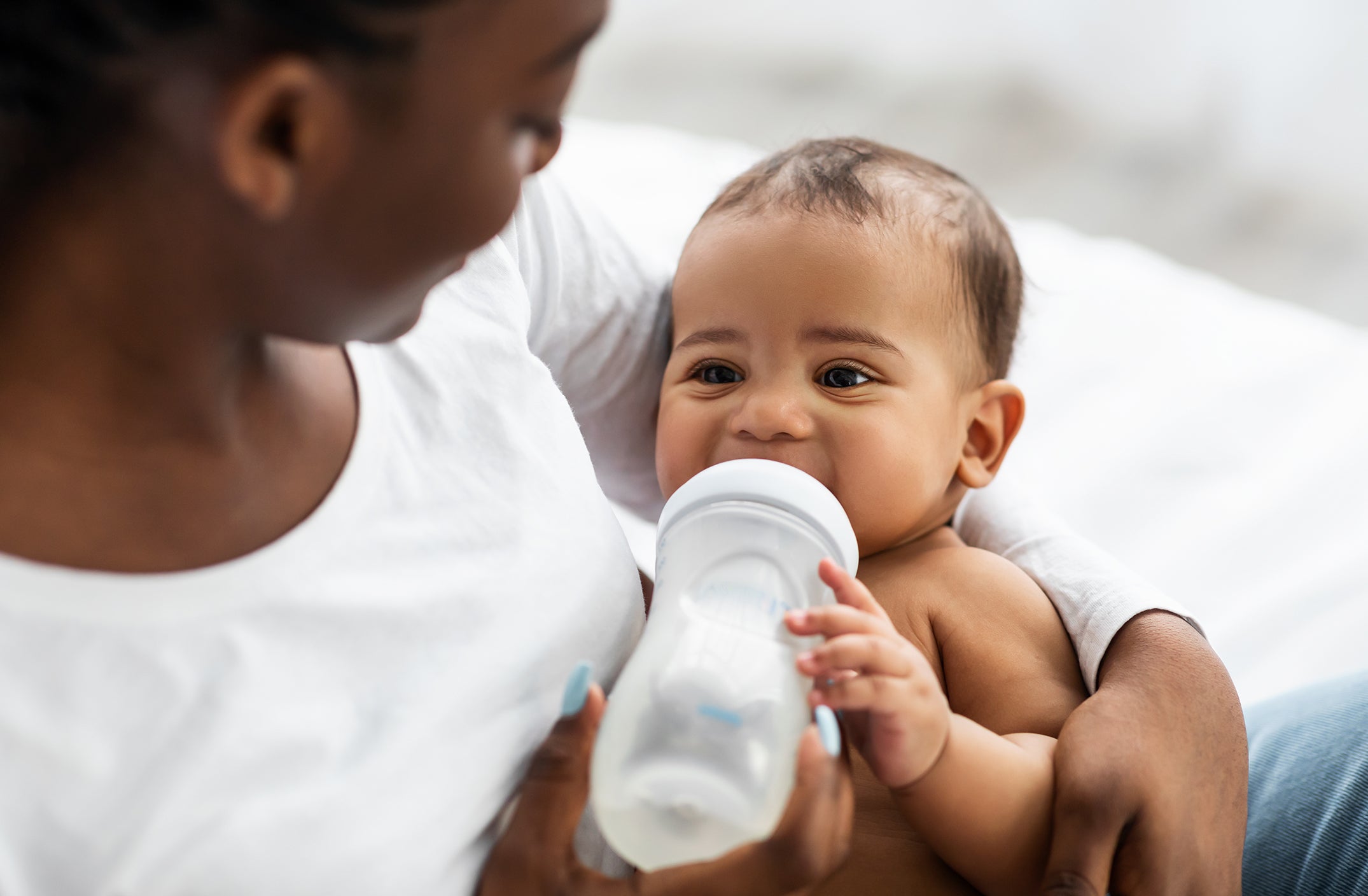
As a parent, ensuring your little one stays adequately hydrated is crucial, especially during their early years when they are growing and developing rapidly. As you read through the following, we hope you’ll take away the importance of water for your little one, along with practical tips to ensure your baby receives enough water for their optimal hydration.
The Importance of Water for Babies
Water is essential for your baby's body to function properly. It aids in digestion, helps regulate body temperature, supports nutrient absorption, and facilitates waste elimination. Since babies have a higher water content in their bodies compared to adults, they may be more susceptible to dehydration.
Signs of Dehydration in Babies
Recognizing the signs of dehydration is essential for prompt action. Common symptoms of dehydration in babies include dry mouth, fewer wet diapers than usual, dark-colored urine, sunken eyes, lethargy, and irritability. If you notice any of these signs, it's important to address your baby's hydration needs immediately.
Age-Appropriate Hydration
For infants younger than six months, breast milk or formula provides adequate hydration. The American Academy of Pediatrics recommends not giving water to babies under six months, as their fluid needs are met through breast milk or formula. For babies aged six months and older, you can introduce small sips of water in addition to breast milk or formula, especially during hot weather or when they are starting solid foods.
Offer Water in Safe Ways
When offering water to your baby, use a sippy cup or a small, age-appropriate cup with handles. Avoid bottles for water, as they can contribute to tooth decay and may interfere with the baby's natural feeding cues. Encourage your baby to drink water during mealtime and whenever they seem thirsty.
Pay Attention to Weather and Activity
During hot and humid weather, babies can lose more water through sweat, making it crucial to offer them more fluids. Additionally, if your baby is more active or is experiencing fever or illness, they may require additional fluids to stay hydrated.
Proper hydration is vital for your baby's health and well-being. By paying attention to their hydration needs, offering water at appropriate times, and recognizing signs of dehydration, you can ensure your baby stays well-hydrated and happy.
Remember that breast milk or formula provides adequate hydration for babies younger than six months, and introducing water can be gradually done when they reach six months and older.
Always consult with your pediatrician if you have any concerns about your baby's hydration or specific dietary needs. By keeping your baby well-hydrated, you're supporting their overall health and helping them thrive during their early years.
References:
American Academy of Pediatrics (2019) Signs of Dehydration in Infants & Children. HealthyChildren.org.. https://www.healthychildren.org/English/health-issues/injuries-emergencies/Pages/dehydration.aspx
Mayo Clinic. (2021). Dehydration in Children. https://www.mayoclinic.org/diseases-conditions/dehydration/symptoms-causes/syc-20354086
American Academy of Pediatrics. (2021). Newborn and Infant Nutrition https://www.aap.org/en/patient-care/newborn-and-infant-nutrition/
